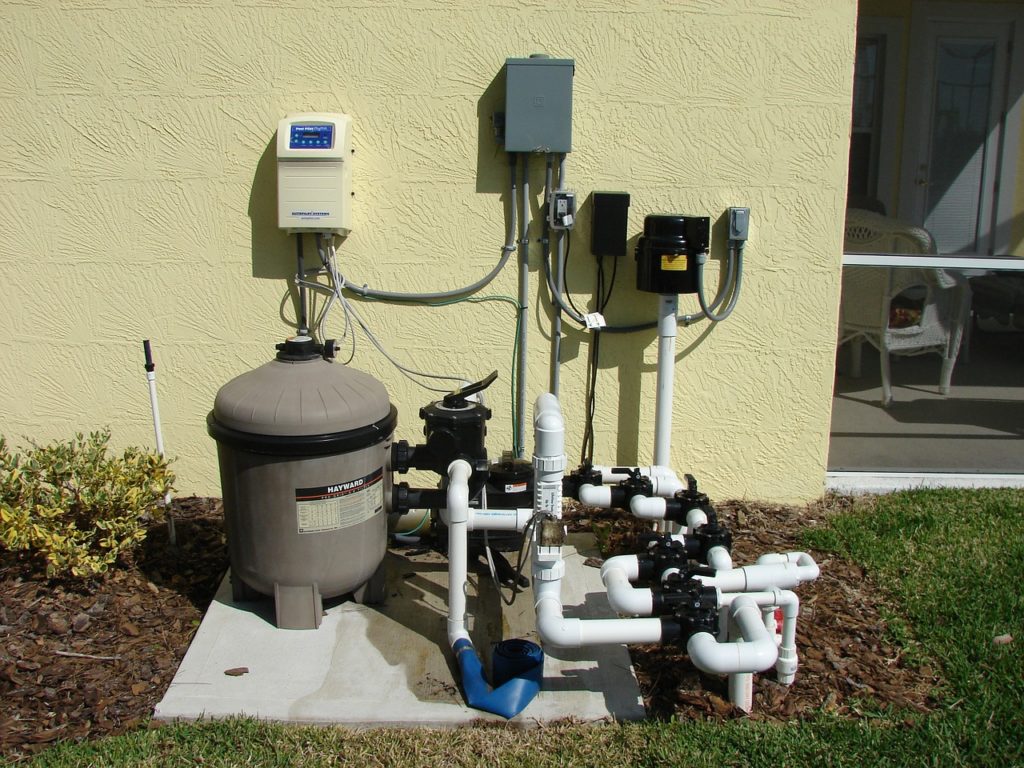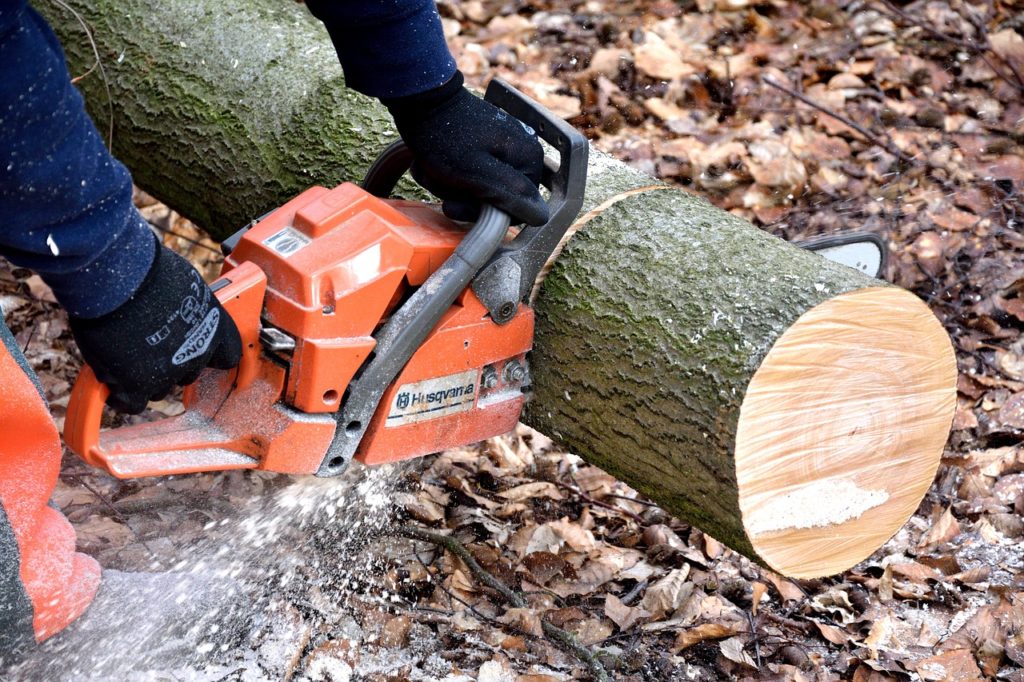
Welcome to the ultimate guide on basement construction. Whether you’re looking to expand your living space, create a home office, or add value to your property, building a basement is an exciting project that requires careful planning and consideration. Before you start breaking ground, it’s essential to understand the key factors that will ensure a successful and functional basement. If you are interested on sustainable cellar construction, read the article from Energieheld. From obtaining permits to addressing moisture control and everything in between, we’ve got you covered. So grab your hard hat, and let’s dive into the world of basement construction.
Building Codes and Permits
 When it comes to basement construction, one of the first steps you must take is to familiarize yourself with building codes and obtain the necessary permits. Building codes are regulations set by local authorities that ensure safety, structural integrity, and adherence to specific standards. Before breaking ground on your basement project, it’s crucial to research and understand the building codes in your area. These codes cover various aspects such as fire safety, electrical wiring requirements, ceiling height regulations, egress windows for emergency exits, and more. Familiarizing yourself with these codes will help you design a basement that meets all legal requirements. Next up is securing the required permits.
When it comes to basement construction, one of the first steps you must take is to familiarize yourself with building codes and obtain the necessary permits. Building codes are regulations set by local authorities that ensure safety, structural integrity, and adherence to specific standards. Before breaking ground on your basement project, it’s crucial to research and understand the building codes in your area. These codes cover various aspects such as fire safety, electrical wiring requirements, ceiling height regulations, egress windows for emergency exits, and more. Familiarizing yourself with these codes will help you design a basement that meets all legal requirements. Next up is securing the required permits.
Purpose and Design
One of the most critical factors when constructing a basement is the purpose and design. Before breaking ground, it’s essential to have a clear understanding of how you plan to use the space. Will it be an extra living area, a home office, or a dedicated entertainment zone? The purpose of your basement will dictate its layout and overall design. For example, if you plan on creating additional living space, you’ll need to consider factors such as room size, ceiling height, and access points. On the other hand, if you envision a home gym or workshop in your basement, considerations like lighting and storage become vital.
Foundation and Structure
 When it comes to basement construction, the foundation and structure are arguably the most critical elements. The foundation provides stability for your entire home, while the structure ensures that everything is built to code and can withstand the test of time. You need to consider the type of foundation suitable for your project. Common options include poured concrete walls or block walls filled with concrete. Each has its advantages and disadvantages, so it’s essential to consult with a professional before deciding. Next, think about how deep the foundation should go.
When it comes to basement construction, the foundation and structure are arguably the most critical elements. The foundation provides stability for your entire home, while the structure ensures that everything is built to code and can withstand the test of time. You need to consider the type of foundation suitable for your project. Common options include poured concrete walls or block walls filled with concrete. Each has its advantages and disadvantages, so it’s essential to consult with a professional before deciding. Next, think about how deep the foundation should go.
Moisture Control
Moisture control is a crucial factor to consider when constructing a basement. Excessive moisture can lead to various issues, such as mold growth, wood rot, and damage to the foundation. To begin with, proper drainage is vital. Ensure that the ground slopes away from your foundation to prevent water from seeping into the basement. Additionally, installing gutters and downspouts can help redirect rainwater away from the foundation.
Lighting and Ventilation
 Lighting and ventilation are crucial to consider when planning a basement construction project. Adequate lighting can transform a dark, dingy space into a bright and inviting area, while proper ventilation ensures air circulation and prevents the buildup of moisture or stale air. When it comes to lighting, natural light is always preferred. Incorporating windows or window wells in your basement design will bring in sunlight and create an illusion of space. However, if natural light is limited or not feasible, installing artificial lighting fixtures strategically throughout the basement is essential.
Lighting and ventilation are crucial to consider when planning a basement construction project. Adequate lighting can transform a dark, dingy space into a bright and inviting area, while proper ventilation ensures air circulation and prevents the buildup of moisture or stale air. When it comes to lighting, natural light is always preferred. Incorporating windows or window wells in your basement design will bring in sunlight and create an illusion of space. However, if natural light is limited or not feasible, installing artificial lighting fixtures strategically throughout the basement is essential.
Undertaking a successful basement construction project requires careful consideration of various factors such as building codes & permit adherence, purposeful design, sturdy foundation & structure, efficient moisture control measures, and thoughtful lighting and ventilation. By considering these essential factors, you can ensure that your basement is not only a functional space but also a safe and enjoyable one for years to come. We hope that you have found this blog post helpful.…


 Before choosing a Well Water Filtration System, you need first to get your water tested. This is essential because otherwise, you don’t really know what’s in the water and how seriously it will affect your health. When you get your water tested, ask if they can also provide an arsenic level report. So you must find this information out before choosing a Well Water Filtration System, so you can choose one that gets rid of whatever harmful substances your water has in it.
Before choosing a Well Water Filtration System, you need first to get your water tested. This is essential because otherwise, you don’t really know what’s in the water and how seriously it will affect your health. When you get your water tested, ask if they can also provide an arsenic level report. So you must find this information out before choosing a Well Water Filtration System, so you can choose one that gets rid of whatever harmful substances your water has in it.
 Gas-powered chainsaws are the most powerful type of saw available on the market. They also tend to be more expensive than electric, corded, or battery-powered options. Gas-powered chainsaws offer an incredible amount of power and can cut through anything from small branches up to very thick logs with ease. The only negative is that they are more difficult to transport than other saws. Gas-powered chainsaws are available in both semi-professional and professional power levels, with each level offering different amounts of power.
Gas-powered chainsaws are the most powerful type of saw available on the market. They also tend to be more expensive than electric, corded, or battery-powered options. Gas-powered chainsaws offer an incredible amount of power and can cut through anything from small branches up to very thick logs with ease. The only negative is that they are more difficult to transport than other saws. Gas-powered chainsaws are available in both semi-professional and professional power levels, with each level offering different amounts of power. Electric chainsaws are the most common type of chainsaw. A battery or an AC adapter typically powers them. Electric chainsaws are smaller and lighter than gas-powered chainsaws, ideal for home use. The downside to electric chainsaws is shorter run times than gas-powered saws. They are also slower to start. More giant trees will require more extensive power tools, but electric saws can still be used with tree limbs and smaller logs or branches. The cord is typically about 20 feet long, so you can reach the tree you are cutting. The cordless units typically require an AC adapter to use but can be recharged at any time without needing to wait for them to cool down like gas-powered saws.
Electric chainsaws are the most common type of chainsaw. A battery or an AC adapter typically powers them. Electric chainsaws are smaller and lighter than gas-powered chainsaws, ideal for home use. The downside to electric chainsaws is shorter run times than gas-powered saws. They are also slower to start. More giant trees will require more extensive power tools, but electric saws can still be used with tree limbs and smaller logs or branches. The cord is typically about 20 feet long, so you can reach the tree you are cutting. The cordless units typically require an AC adapter to use but can be recharged at any time without needing to wait for them to cool down like gas-powered saws.

 Mortgage brokers don’t have a license. The government does not regulate them and they can be very ambiguous about their services. However, you should still check with references and testimonials from previous clients. Compare those to complaints on online forums or review sites such as Yelp! That will help give an idea of who they are and if they are reputable. You should also check with the Better Business Bureau as many complaints can lead to a red flag and you will know what kind of experience you could be getting yourself into. Many brokers will not even provide this information, so you must ask them for those references before signing any contract or making payment in any way.
Mortgage brokers don’t have a license. The government does not regulate them and they can be very ambiguous about their services. However, you should still check with references and testimonials from previous clients. Compare those to complaints on online forums or review sites such as Yelp! That will help give an idea of who they are and if they are reputable. You should also check with the Better Business Bureau as many complaints can lead to a red flag and you will know what kind of experience you could be getting yourself into. Many brokers will not even provide this information, so you must ask them for those references before signing any contract or making payment in any way.